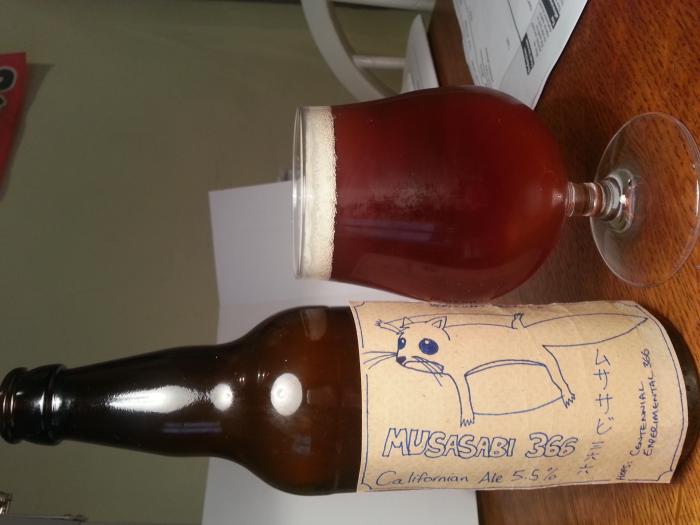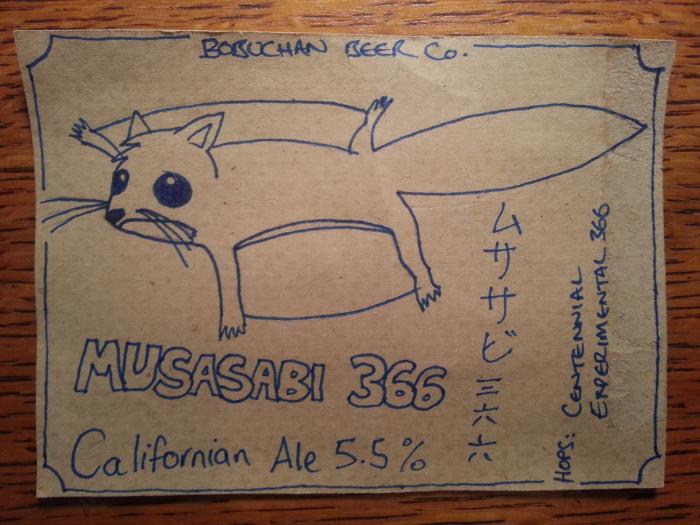bobbthebeerfrog
Member
- Joined
- Jun 23, 2013
- Messages
- 6
- Reaction score
- 1
My ultimate aim:
To brew a Hoppy as Hell American style Pale Ale such as: Sierra Nevada TORPEDO, Stewart's RADICAL ROAD, Brew Dog's JACKHAMMER. (or as close as I can)
What I've got:
2 x Coopers Amber Malt Extract Syrup 1.1 Litre
318g Crystal Malt barley (milled)
100g Centennial whole cone hops
100g Experimental 366 whole cone hops
35ml White Labs California Ale yeast (liquid)
What I've never done:
Using grain, adding hops to the boil, dry hopping.
I reckon I've got good ingredients and now I'm looking for a solid recipe to follow. If any of you experienced ladies or gents have recipe advice for me it would be gratefully received.
Bobb
To brew a Hoppy as Hell American style Pale Ale such as: Sierra Nevada TORPEDO, Stewart's RADICAL ROAD, Brew Dog's JACKHAMMER. (or as close as I can)
What I've got:
2 x Coopers Amber Malt Extract Syrup 1.1 Litre
318g Crystal Malt barley (milled)
100g Centennial whole cone hops
100g Experimental 366 whole cone hops
35ml White Labs California Ale yeast (liquid)
What I've never done:
Using grain, adding hops to the boil, dry hopping.
I reckon I've got good ingredients and now I'm looking for a solid recipe to follow. If any of you experienced ladies or gents have recipe advice for me it would be gratefully received.
Bobb





